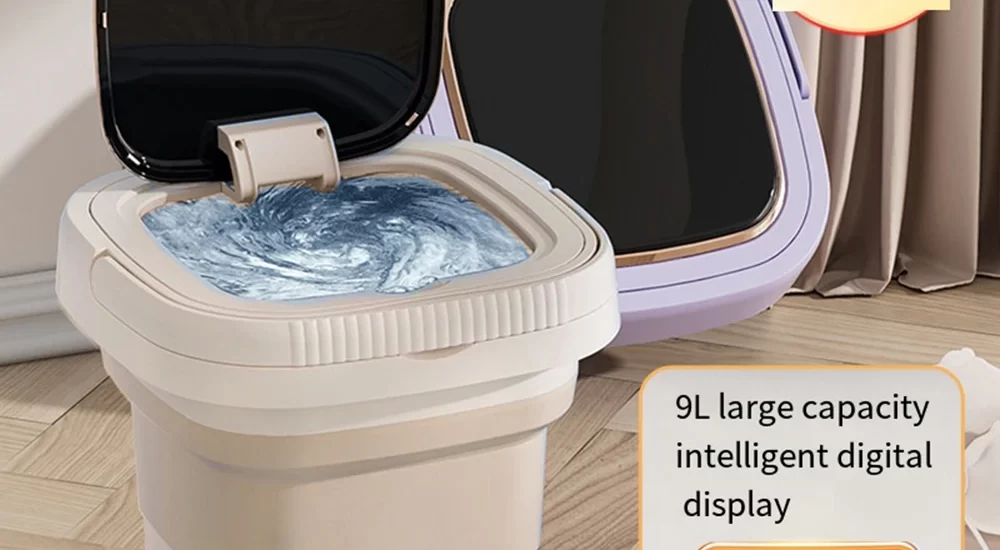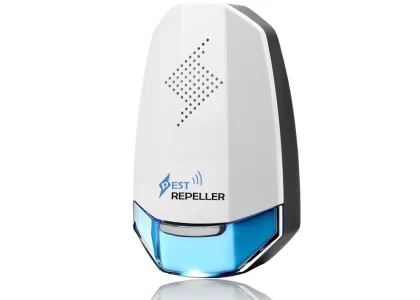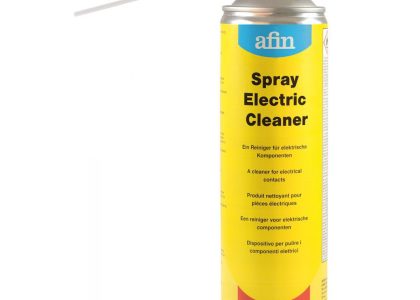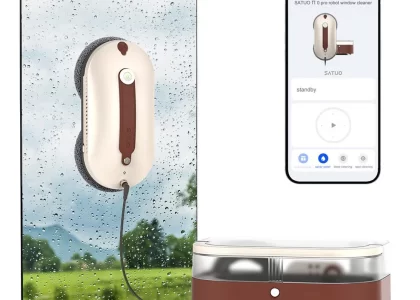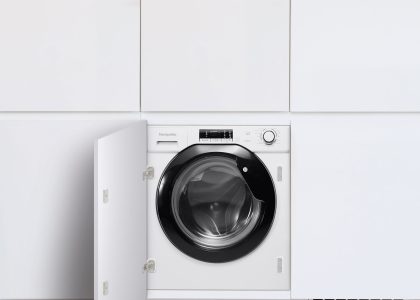 Introduction:
Introduction:
A squeaking washing machine can be a source of annoyance and concern. The unexpected noise can disrupt the tranquility of your home and indicate a potential problem within the machine. In this article, we will explore the reasons why your washing machine might be squeaking and provide guidance on how to resolve the issue. By understanding the possible causes and troubleshooting steps, you can ensure your washing machine operates smoothly and quietly, allowing you to enjoy a stress-free laundry experience.
 Some common types of washing machines:
Some common types of washing machines:
There are several types of washing machines available, each designed to cater to different laundry needs and preferences. Here are some common types of washing machines:
Top-Loading Washing Machines:
Top-loading washing machines are the most traditional and widely used type. They have a door on top of the machine and allow clothes to be loaded and unloaded from the top. Top-loaders are generally more affordable, have faster wash cycles, and can accommodate larger items like comforters or blankets.
Front-Loading Washing Machines:
Front-loading washing machines have a door on the front and offer efficient and gentle cleaning. They use less water, energy, and detergent compared to top-loading machines. Front-loaders are known for their superior performance, thorough cleaning, and ability to handle larger and bulkier loads.
High-Efficiency (HE) Washing Machines:
High-efficiency washing machines are designed to be energy-efficient and use less water compared to conventional machines. Both top-loading and front-loading machines can be classified as HE machines, as long as they meet specific energy and water usage standards. HE machines often have advanced features and technologies for better cleaning results.
Portable Washing Machines:
Portable washing machines are compact, lightweight, and designed for easy transportation. They are suitable for small living spaces, camping, or situations where a permanent installation is not possible. Portable machines typically have a smaller capacity and may require manual filling and draining of water.
Washer-Dryer Combos:
Washer-dryer combos combine the functions of both a washer and a dryer in a single unit. They are ideal for situations where space is limited, such as apartments or small laundry rooms. Washer-dryer combos can be either top-loading or front-loading machines and offer convenience by eliminating the need to transfer clothes between separate washer and dryer units.
Semi-Automatic Washing Machines:
Semi-automatic washing machines require manual intervention for certain operations, such as filling water, switching between wash and rinse cycles, and transferring clothes from the wash tub to the spin tub. They are generally more affordable but may require more effort and time compared to fully automatic machines.
Fully Automatic Washing Machines:
Fully automatic washing machines handle the entire washing process, including water intake, temperature control, detergent dispensing, washing, rinsing, and spinning. They offer convenience and ease of use with various programmable settings and advanced features.
The choice of washing machine depends on factors such as laundry volume, available space, desired features, energy efficiency, and budget. It is important to consider these factors and determine the most suitable type of washing machine for individual needs and preferences.
 Introduction to a Squeaking Washing Machine
Introduction to a Squeaking Washing Machine
A squeaking washing machine can result from various factors, requiring proper diagnosis to resolve the issue.
A. Noise Indication: Squeaking noise often occurs during different stages of the washing cycle, such as agitation, spinning, or draining.
B. Potential Causes: Squeaking may be caused by components within the washing machine, such as the motor, belt, bearings, or other moving parts.
C. Troubleshooting Importance: Identifying the cause of the squeaking noise is essential to address any underlying issues and prevent further damage to the machine.
Investigating the Possible Causes
Understanding the potential causes of a squeaking washing machine is crucial for accurate troubleshooting.
A. Worn or Damaged Belt: A worn-out or damaged drive belt is a common cause of squeaking in a washing machine.
B. Faulty Motor: A malfunctioning motor might produce a squeaking noise due to worn bearings or a lack of proper lubrication.
C. Defective Bearings: Worn or defective bearings can lead to a squeaking noise as they wear down and no longer function smoothly.
Troubleshooting Steps to Resolve Squeaking
Resolving the issue of a squeaking washing machine involves a step-by-step troubleshooting approach.
A. Check Belt Tension: Inspect the belt tension to ensure it is properly aligned and tightened. Adjust or replace the belt if necessary.
B. Belt Lubrication: Apply a small amount of silicone or appliance oil to the belt to lubricate it and reduce friction.
C. Motor Maintenance: Clean and lubricate the motor bearings according to the manufacturer’s instructions to address any issues related to motor operation.
Maintaining a Smooth-Running Washing Machine
Regular maintenance practices can prevent a washing machine from developing squeaking issues in the future.
A. Cleaning and Maintenance: Clean the washing machine drum and detergent dispenser regularly to prevent the buildup of debris or residue that could affect the machine’s operation.
B. Balanced Loads: Ensure that the washing machine is not overloaded or underloaded to maintain proper functioning and prevent unnecessary strain on the machine.
C. Leveling the Machine: Verify that the washing machine is leveled correctly to prevent excessive vibrations and potential damage to the components.
 Seeking Professional Assistance
Seeking Professional Assistance
troubleshooting steps do not resolve the squeaking issue, consult a professional technician.
A. Knowledge and Experience: Professional technicians have the expertise to diagnose and repair complex issues with washing machines.
B. Warranty Consideration: If your washing machine is still under warranty, contact the manufacturer or authorized service center to avoid voiding the warranty.
C. Preventive Maintenance Plans: Consider signing up for a preventive maintenance plan that provides regular inspections and maintenance for your washing machine.
 Conclusion
Conclusion
A squeaking washing machine can be a frustrating and concerning problem, but proper diagnosis and troubleshooting can help resolve the issue. By understanding the potential causes of the squeaking noise and taking proactive maintenance measures, you can keep your washing machine running smoothly and quietly. Follow the troubleshooting steps to address specific issues, if necessary, seek professional assistance from experienced technicians. By maintaining your washing machine and promptly resolving any squeaking issues, you can ensure a peaceful laundry experience while prolonging the lifespan of your machine.

